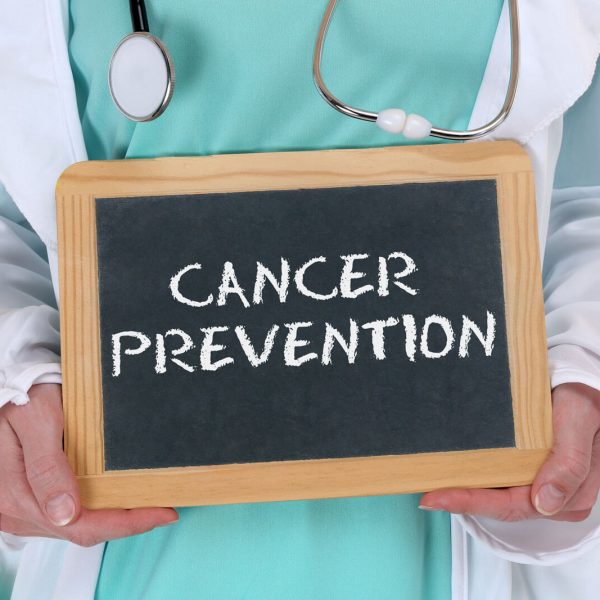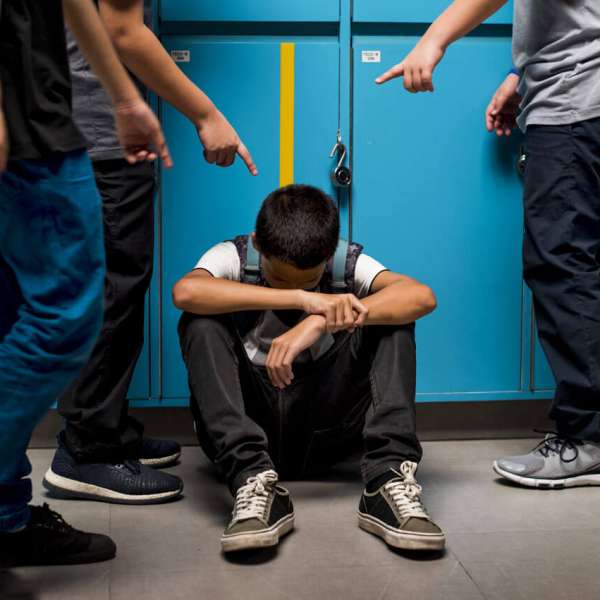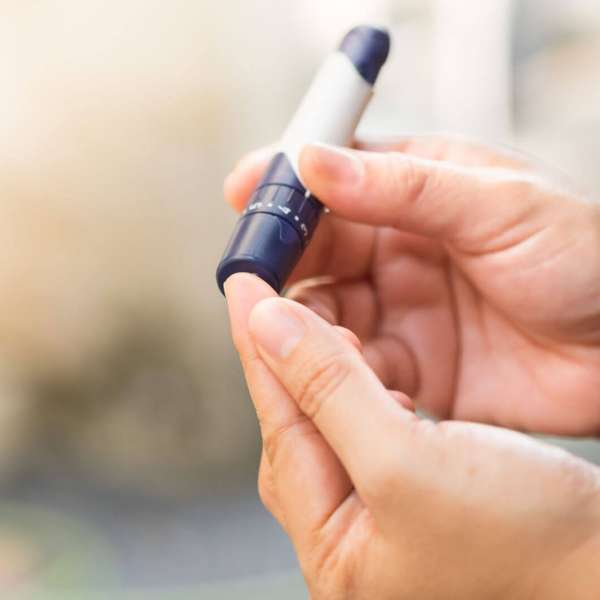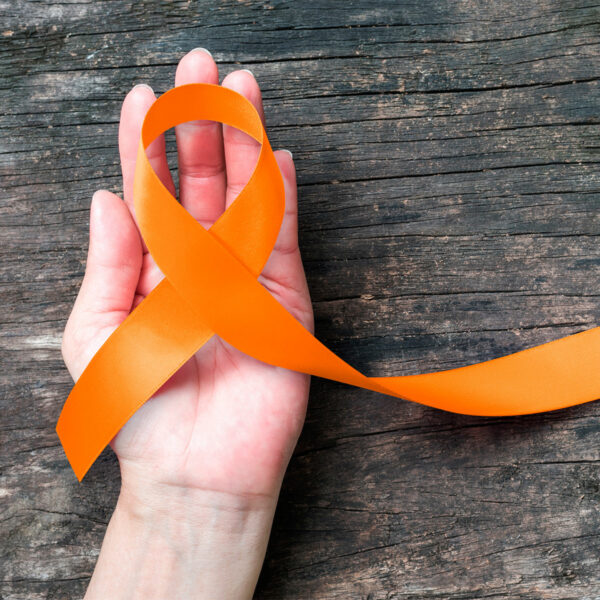We always suggest talking with your doctor if you notice any unusual symptoms or conditions in your physical and mental health. However, we also urge healthcare providers to employ a holistic approach with their patients in order to assess their general situation.
We have already reported that scientific studies have linked social isolation and loneliness with a higher risk of heart disease, dementia, stroke, depression, anxiety, and even premature death. In the interest of empowering Puerto Rico’s healthcare providers, the Triple-S Foundation has urged physicians and other healthcare professionals to evaluate their patients using lifestyle assessments.
And in order to equip healthcare professionals with the tools to identify social isolation and loneliness to help their patients cope, Dr. Julianne Holt-Lunstad, one of the world’s most renowned researchers in the field, offered the free virtual workshop Integrating Social Connection into Clinical Care for the first time in Puerto Rico. Primary care physicians and specialists were able to benefit from this initiative to implement a holistic approach in the care of their patients. Dr. Holt-Lunstad is professor and director of the International Studies Program on Society, Behavior, and Health at Brigham Young University.
During the workshop, Dr. Julianne Holt-Lunstad highly recommended that physicians ask patients the following three questions, in alignment with the Loneliness Scale developed by the University of California:
- How often do you feel you lack companionship?
- How often do you feel excluded?
- How often do you feel isolated from others?
She also suggests delving deeper through questions such as: Do you live alone? Do you have a support group? Are you able to do your everyday activities? Were you recently widowed? Did you retire recently? Can you still drive and move independently? Does your family live in Puerto Rico? or Do you see your family, neighbors, or friends frequently? These questions may be geared toward older adults, but social isolation affects people of all ages, including children and teenagers. If the patient is younger, the provider may ask whether they have friends, do sports, how much time do they spend playing alone on their electronic device, are they shy, or can they talk with other children with ease. In order to provide a more holistic approach to their health care, it is a recommended practice to screen patients of all ages.
Based on Dr. Holt-Lunstad’s recommendations, after having this simple yet insightful conversation about the patient’s lifestyle, the healthcare provider should follow these three steps:
- Educate the patient: Explain that they should not underestimate the importance of social connections as a health determinant and as part of a healthy lifestyle. Let them know that it is just as important as addressing their current health conditions and following their treatment.
- Document your observations: Log the patient’s responses in their medical record in order to follow up on any recommendations you provide.
- Refer the patient: If necessary, you may refer them to a behavioral health provider, such as a counselor, a social worker, a psychologist, or a psychiatrist. You may also suggest that they ask their family members for help in coping with social isolation and loneliness.
“After years of research, there is scientific evidence to suggest that being more socially connected leads to a better health and wellbeing and greater longevity, and it also helps reduce the risks associated with isolation and loneliness,” Dr. Holt assured. “We also have evidence that the patients receiving standard medical care who also obtain psychosocial support are 20% more likely to survive and have a period of survival that is 29% longer.”
The EAR Framework: Integrating Social Connection into Clinical Care 2-hourworkshop was offered in English through a digital platform. Providers who are active with Triple-S received two continuing education credits.










